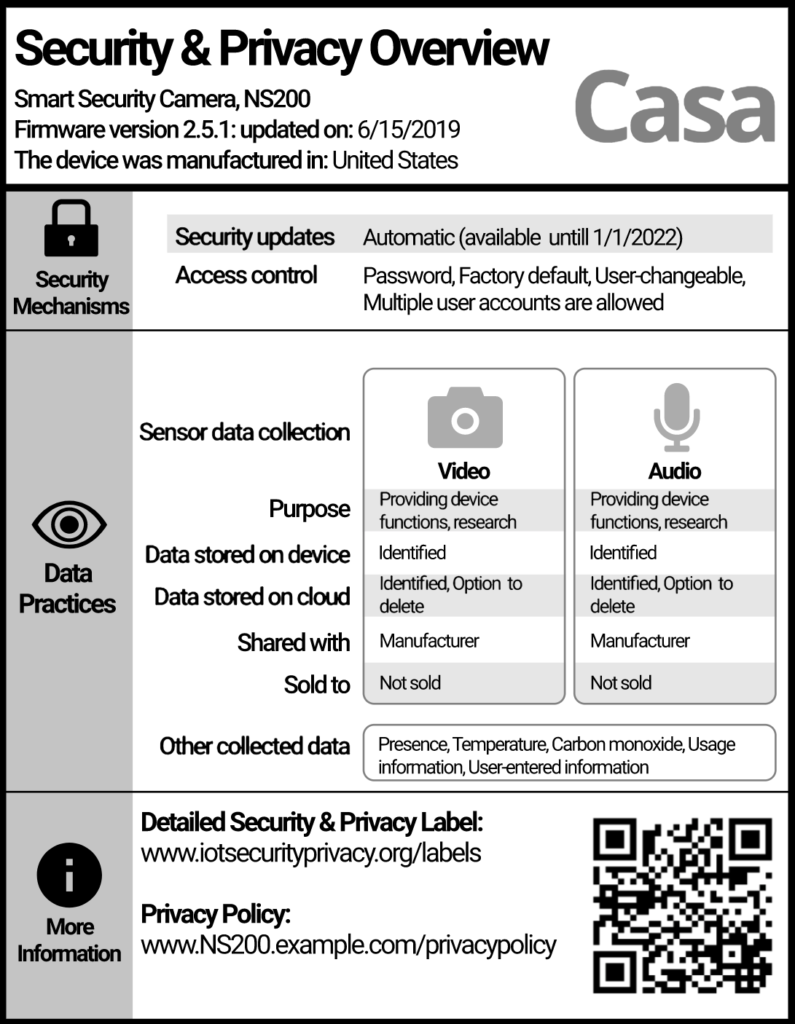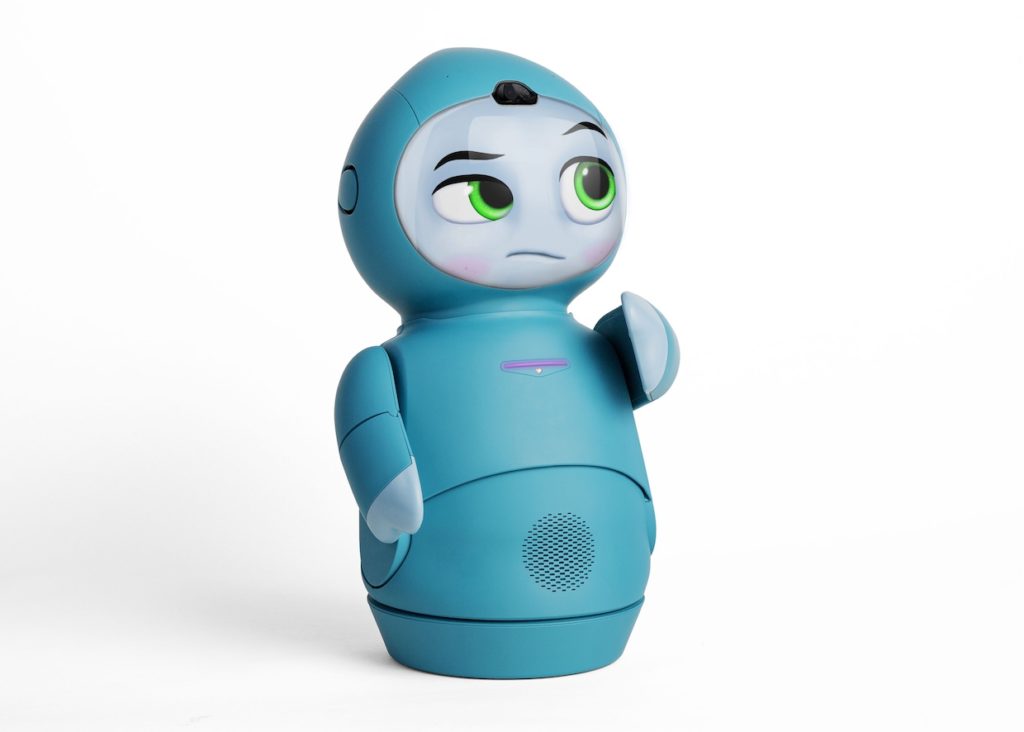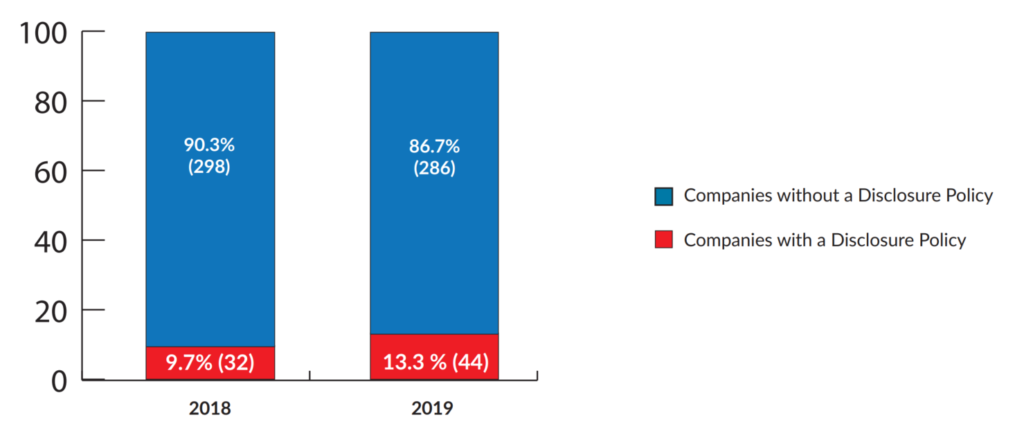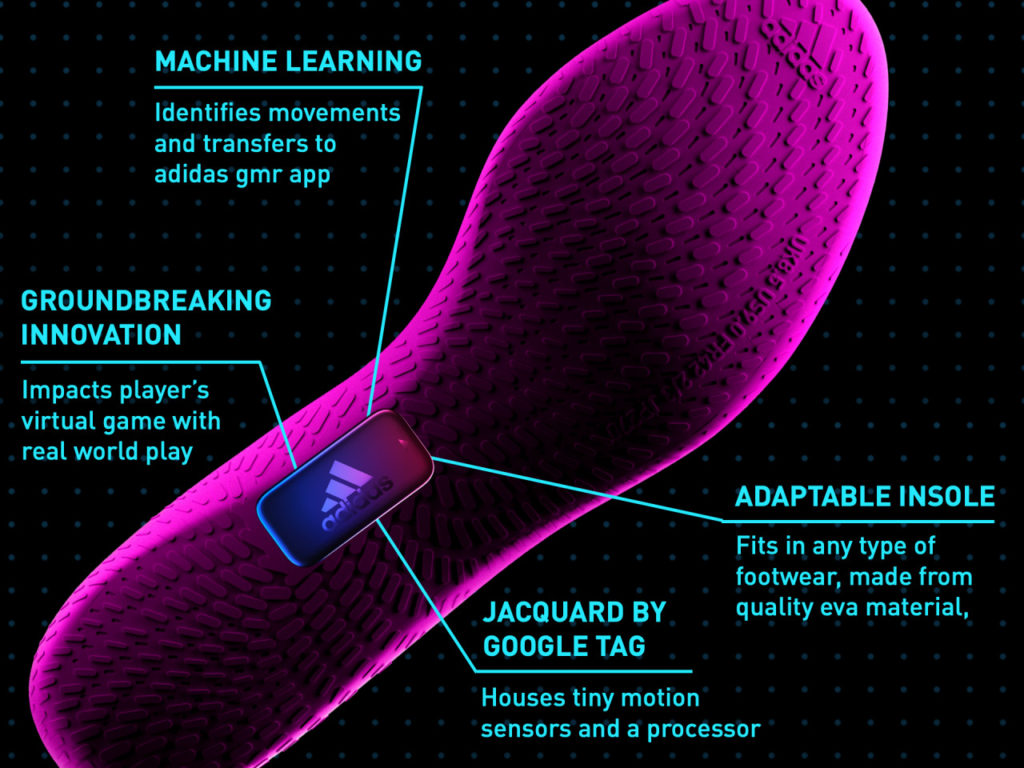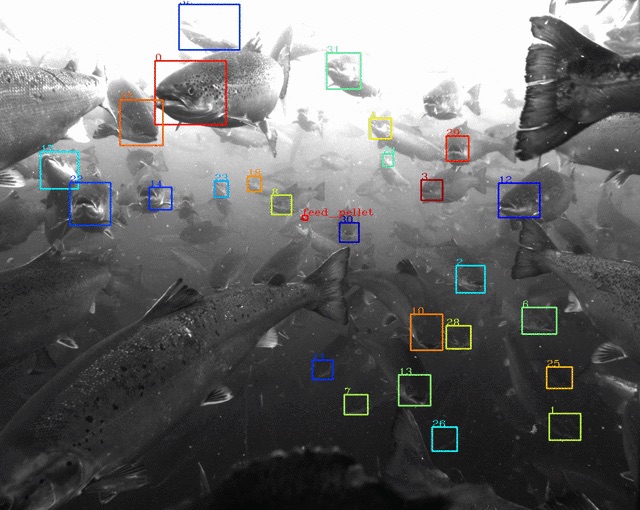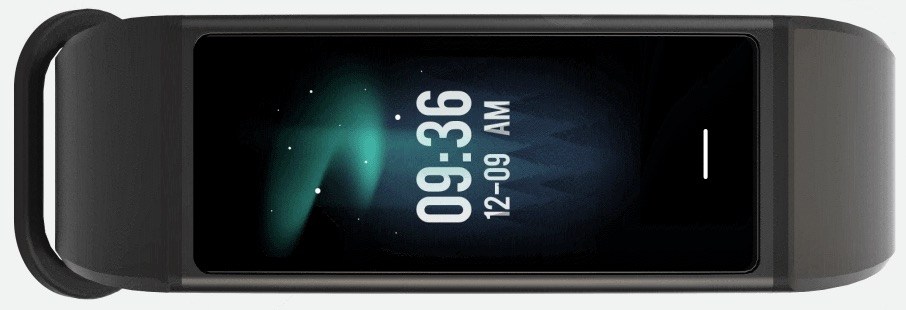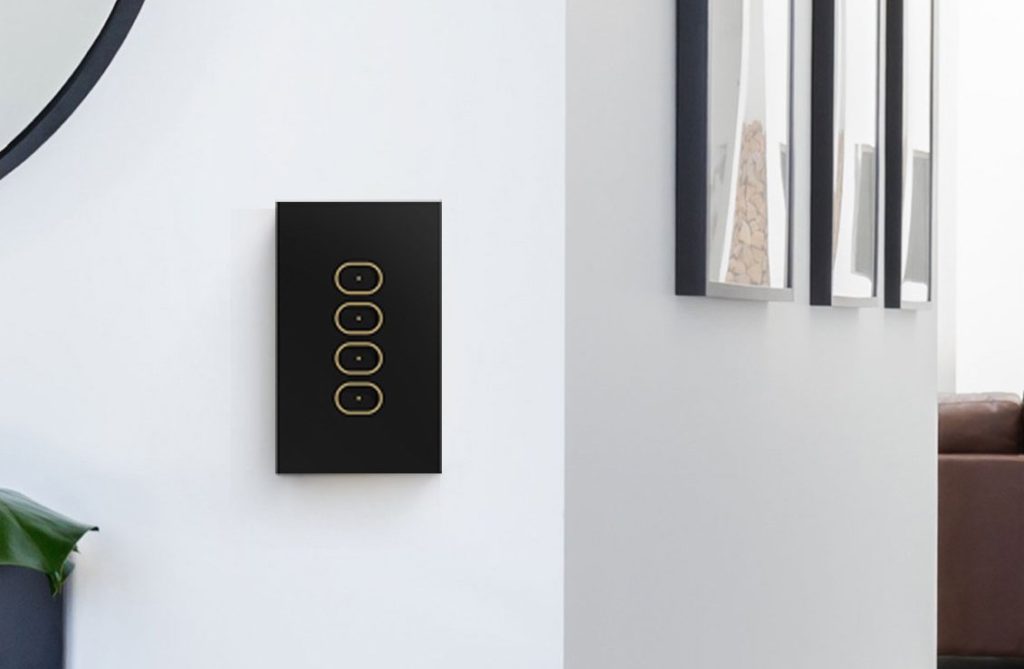This week Kevin and I talk about my recent move and what I am looking for in a video doorbell before diving into our thoughts on Google’s planned smart home event for next week. Then we cover the big IoT acquisitions of the week from Google, lululemon(!), and Amazon. After that, we discuss Qualcomm’s new chip for wearables, Netgear’s mid-range Orbi router, Amazon’s new space services, Nest installations, and companies giving up on 360 video for VR. Kevin then shares his thoughts on the Echo Frames, which is Amazon’s attempt to put Alexa on your face. We conclude the news segment by answering a question about why we like color-changing light bulbs.
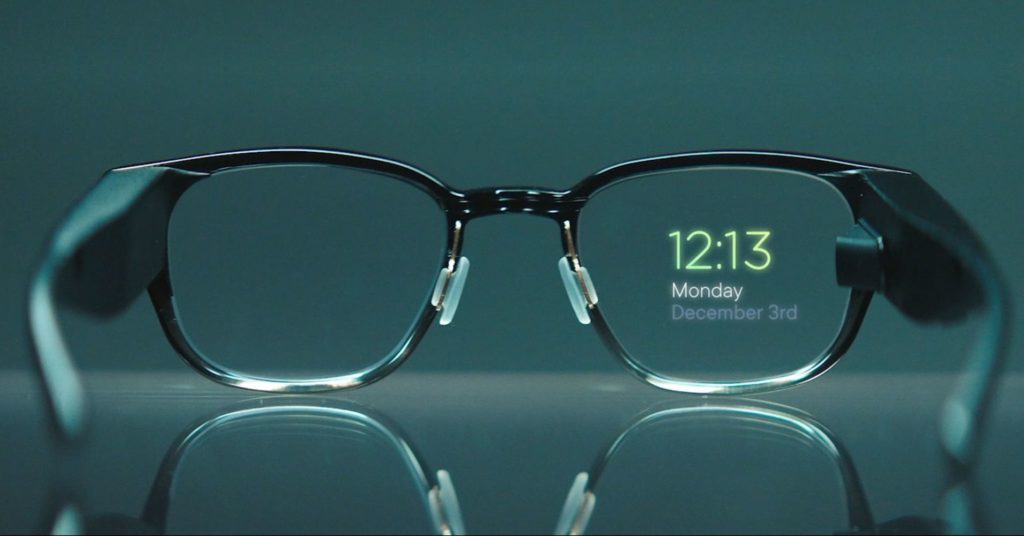
Our guest this week is Que Dallara, President and CEO of Honeywell Connected Enterprise, who came on the show to discuss the partnership Honeywell signed last month with SAP to combine operations data from buildings with business data. She explains that this deal is about bringing the analytics common in the IT world to the action-oriented information from the OT world, allowing companies to understand how their buildings affect their bottom line. She talks about the details of the partnership but also explains what’s behind the IT/OT convergence and shares her thoughts on how far companies can get with a horizontal solution for enterprise IoT. Enjoy the show.
Host: Stacey Higginbotham and Kevin Tofel
Guest: Que Dallara, President and CEO of Honeywell Connected Enterprise,
Sponsor: Very and Very
- Which video doorbell did I buy?
- Google buys North and gets another pair of glasses
- Kevin tries on Amazon Echo Frames
- What’s behind the new SAP and Honeywell partnership
- How COVID-19 pushed Honeywell and SAP to focus on smart buildings
Podcast: Play in new window | Download | Embed
Subscribe: RSS


